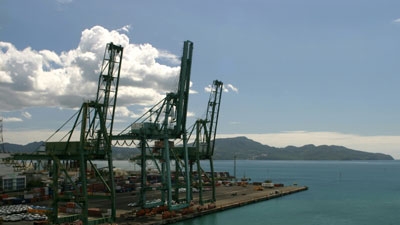Challenge
Trade was rebounding with the economic recovery following the global financial crisis and policymakers were looking for ways to take advantage of new growth and employment opportunities that could emerge for LAC countries.
Solution
This project proposed a multi-faceted approach to knowledge generation and dissemination on trade issues by using different channels of communication and interaction with targeted audiences in the region. Targeted audiences included policy-makers, academics, the private sector and trade unions, and the general public. Project outputs were as follows.
- Production and dissemination of technical work on trade through the production of technical notes on critical policy issues related to trade and competitiveness.
- More than 20 technical presentations were produced and presented as part of the SFLAC supported LAC Competitiveness Conference in July 2010. They were also made publicly available for download at www.worldbank.org/laccompconf.
- SFLAC funds were also used to support the a technical note on best practices to support innovation in Latin America and the Caribbean, which was published through the World Bank’s En Breve series in November 2010.
- Finally, this grant has also supported work on regional innovation systems, including presentations on best practices that were recently presented in Mexico in July 2011.
Other activities were to support the expansion of the public dialogue on trade and competitiveness issues. This was accomplished through the LAC Regional Competitiveness Conference that took place in July 2010. The conference convened high-caliber participants, including more than 150 from Mexico and more than 70 from 18 Latin American and Caribbean countries, Ireland, Spain, the United States, and multilateral institutions (CEPAL, IADB, and Organization of American States).
In addition to a large number of attendees, media coverage of the conference was significant (as evidenced by media clips sent to the SFLAC team).
Related to this event, editorials on the challenges faced by LAC in competitiveness and globalization were published in newspapers in seven different LAC countries.
SFLAC funding was used to create a video on best practices of different LAC countries related to trade issues was produced and disseminated at the July conference. This video was utilized heavily in the syndicated show Oppenheimer Presenta.
